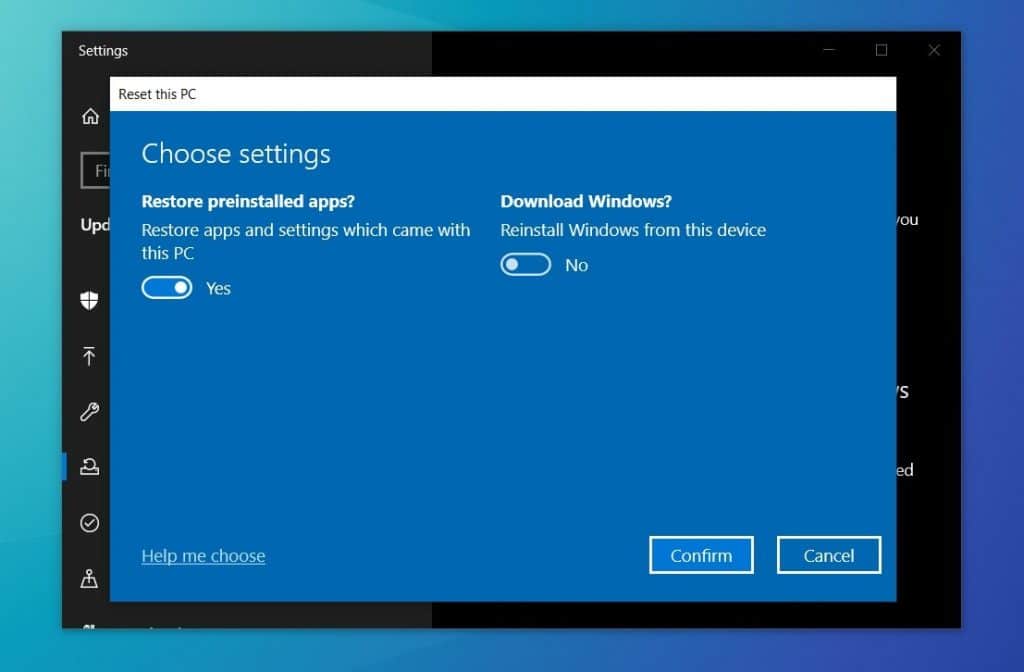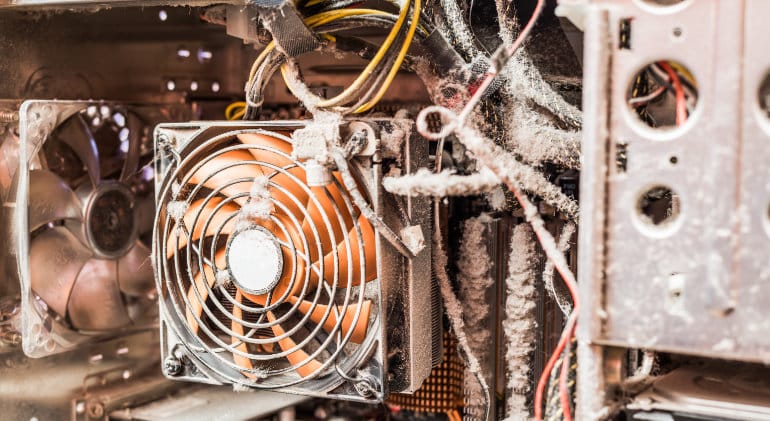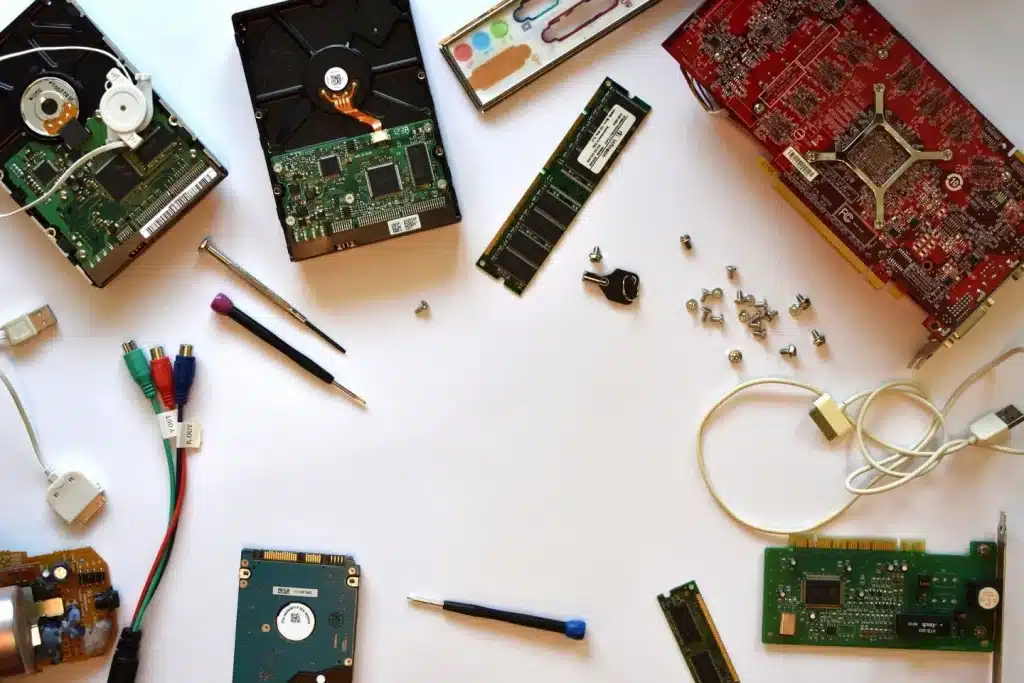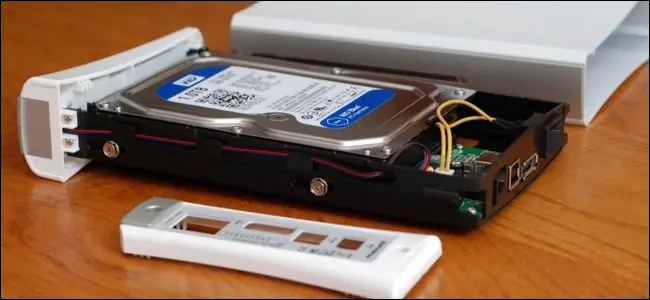Has your PC slowed down recently? So many users have to deal with this issue regularly. Computers are typically weighed down by spyware, malware, and bugs that may force them to perform slower than they otherwise would.
Additionally, they might be plagued with hard disc problems or have other technical flaws that require fixing. Please read this blog article so you may learn how to make your computer faster. Is your computer running slower than usual, and if so, what may be the cause?
Contents
1. Bloatware Installed
In order to speed up your computer or laptop, you should uninstall any unused apps that may be running in the background. Manufacturer-installed bloatware is often included with brand-new gadgets. Companies often use this to earn a profit or for promotional reasons, thus the cheap retail price. The drawback is that these applications slow down your computer since they use resources without providing any value. Bloatware removal is more effective when performed manually.
2. Using Too Many Open Tabs
While it’s true that we all enjoy the convenience of online shopping, it’s important to limit the number of tabs you have running at once. There is a performance hit since each tab requires its own rendering process. The Incognito feature in Google Chrome allows you to operate just one tab at a time instead of a whole session, making it ideal for situations when you need to have many windows open at once.
3. The PC Is Dusty
One of the most common factors slowing down a system is dirt. If dust builds up and clogs the coolers, the computer will overheat and take longer to boot up. The overheating of your computer, which would otherwise have no means to cool down, is certain if you don’t provide it with a ventilation system. One approach to avoid this is to retain your workstation and keyboard clear, however, if you’ve observed a slowness and suspect dust may be to blame, you should give your computer a quick blast of canned air.
4. Hardware Issues
If your computer’s hardware is malfunctioning, it will run slowly even when there is no obvious software cause. Failures in electronics, including RAM memory or the hard drive (defragmentation), might trigger this. If they are causing your system to run slowly, you should get in touch with an expert to get them removed so that you don’t lose any work because your computer crashed. If it doesn’t work, try shopping for a new laptop by perusing an up-to-date listing of the best budget laptops.
5. Outdated Hard Drive
An old hard disc is likely to blame for your computer’s sluggish performance. Possible explanation: your computer’s hard disc is outdated and needs updating. It is highly recommended to explore drive updates as they may resolve operational issues with the device.
Conclusion
This article has detailed the potential causes of your computer’s sluggish performance and provided advice on how to rectify the issue. Try to keep in mind that until there are physical problems with the hardware, there is no such thing as a “damaged” computer. We hope you found this manual helpful. Please leave any comments if you have any queries.






